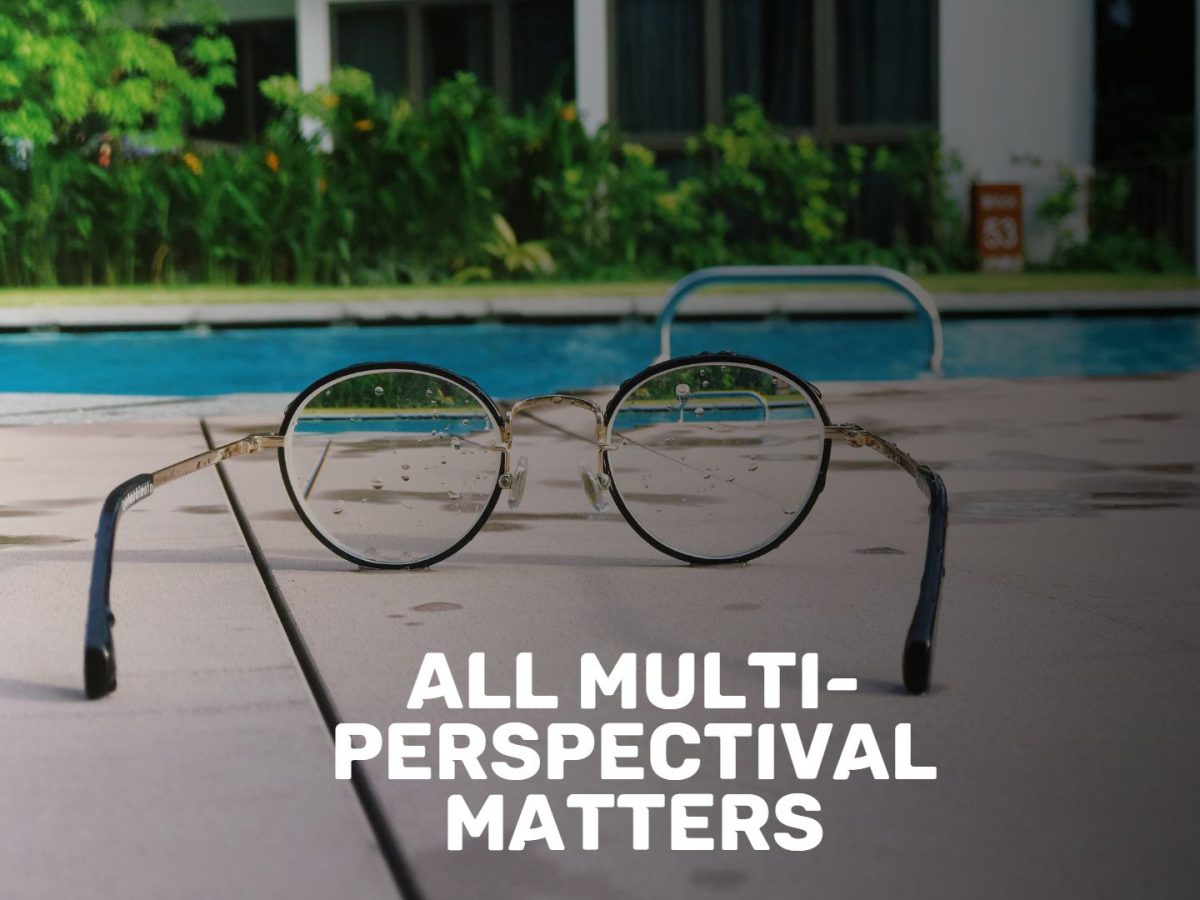We all struggle to find ways to encapsulate our belief systems. Sometimes ideas can be put under one umbrella. But then there are times when we simplify so much that we become embodied slogans ourselves. For instance, I generally tend towards the conservative side of things; the kind that would keep some Republicans awake at night in fear. But when someone–from my side of the aisle–tries to solve political issues by throwing the same phrases at my opponent’s face and expect to do a victory-lap just by stating the phrase repeatedly, I may–and have on occasion–jump to the other side and play the angelic advocate, even if for a few awkward minutes to convey that throwing one phrase around doesn’t end the issue, it proves that more calculated conversations need to happen.
On issues pertaining to race, we all have variations of what we believe our priorities to be. For some, it’s “black lives matter,” entailing that there are certain times in history that particular individuals deserve more attention and concern from the general public. For others, “all lives matter,” proclaiming a general understanding that concern cannot be limited to any particular cause or color. Still, for others more politically attuned to specificity, they say, “All black lives matter,” implying that a particular group ought to pay close attention to particular genocidal tendencies within a group.
In sum, there are particular calls to heed one group’s concern, and then there are general calls to show concern for all, and then there are concerns about particular needs within a particularized community. I suspect such ways of encapsulating concerns are found in every culture, and this season does not terminate the necessity for articulating these things and finding other brief ways of expressing our cherished beliefs. Such phrases need to exist, but not as end in themselves, but as opening statements followed by clarifying statements like what you’d see in a debate format.
The entire process–regardless of the ideologies attached to them–speaks of how perspectival we are as human beings. We err if we make things only general in scope, and when we make things too particular in scope, and when we make things only about particular within particular in scope. The way out of it is more complex in that we are required to take every thought captive (II Cor. 10:5). The Bible can be universal and it can take very specific concerns to heart. There are normative ways of thinking (all lives matter), existential ways of thinking (black lives matter) and situational ways of thinking (all black lives matter). Context and experience can shape all these things in very personal ways conditioned by norms that people embrace.
The question is not, “pick one?!” The question is how can we accurately embody an ethic that does justice to all three perspectives without being condescending to one way of thinking or without acting as if our only choice is to be generalists or particularists. We should do the hard work of embracing all three perspectives without attempting to marginalize one over the other and without attempting to offer quick solutions in exclusion of the others.
I grant that for some I am adding more complexity to the ideological fire, but in my mind, I am calling for accepting a multi-perspectival approach to these and other concerns that allow us to speak holistically about all angles and, in my estimation, largely improves the quality of discourse.
















